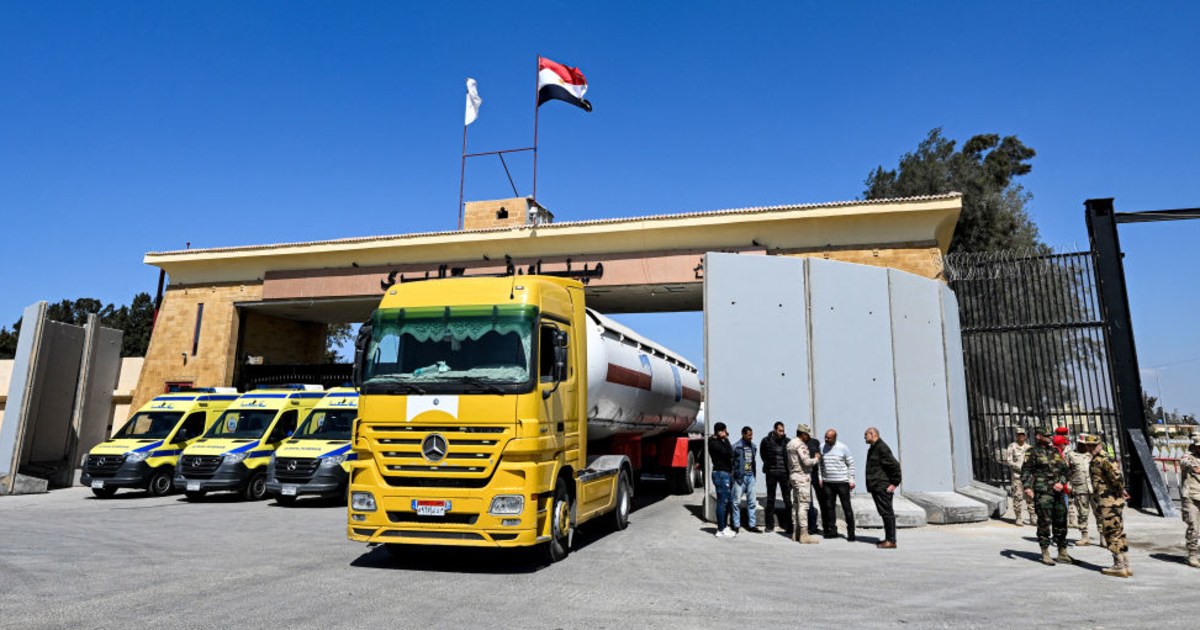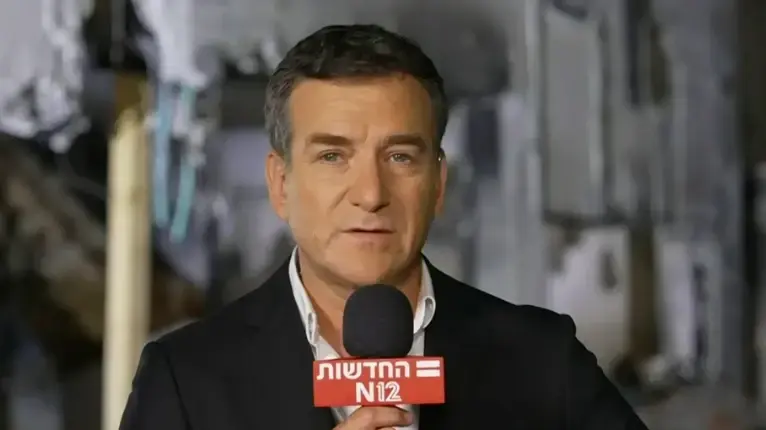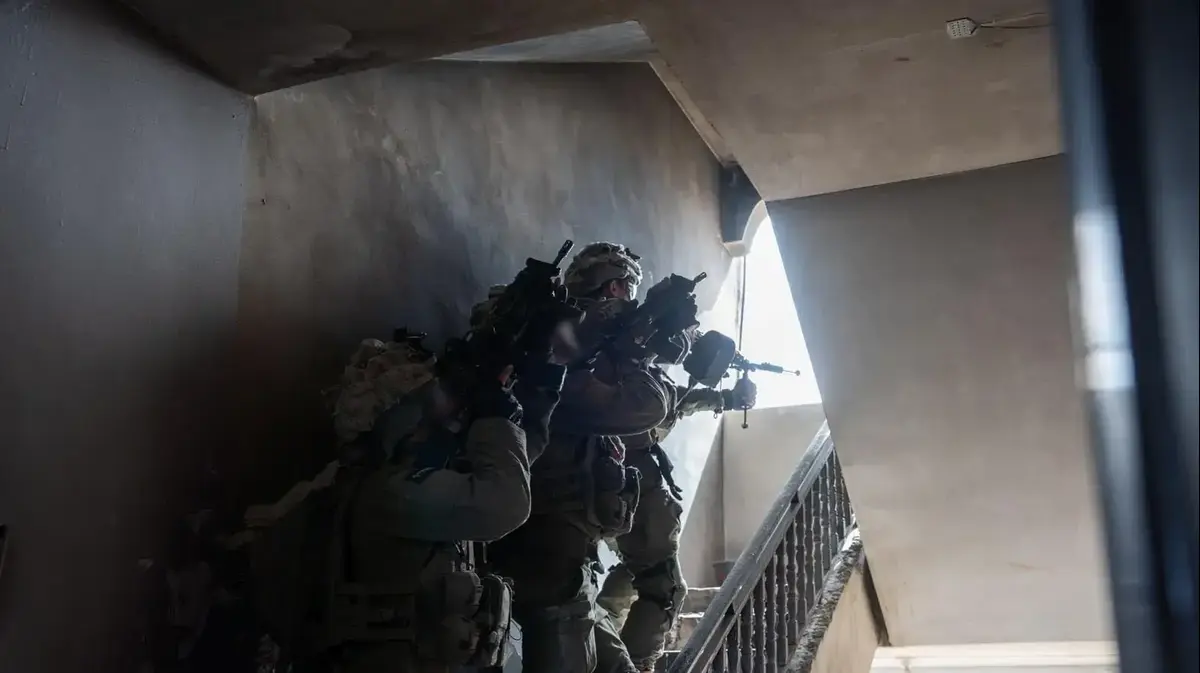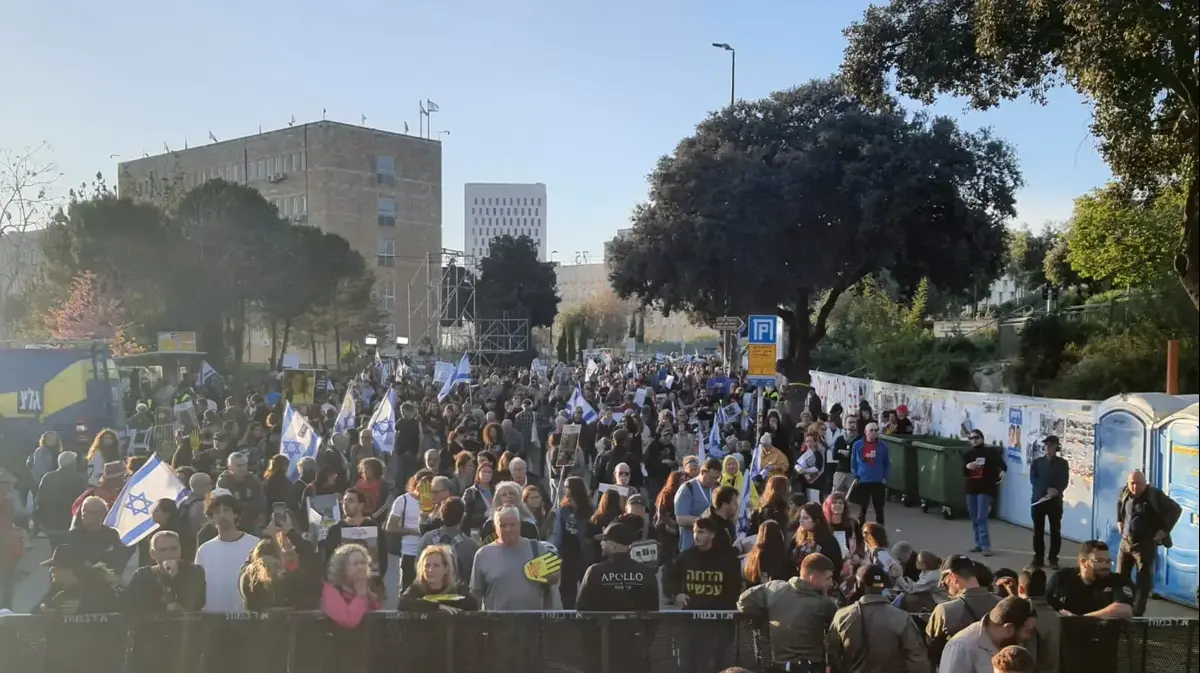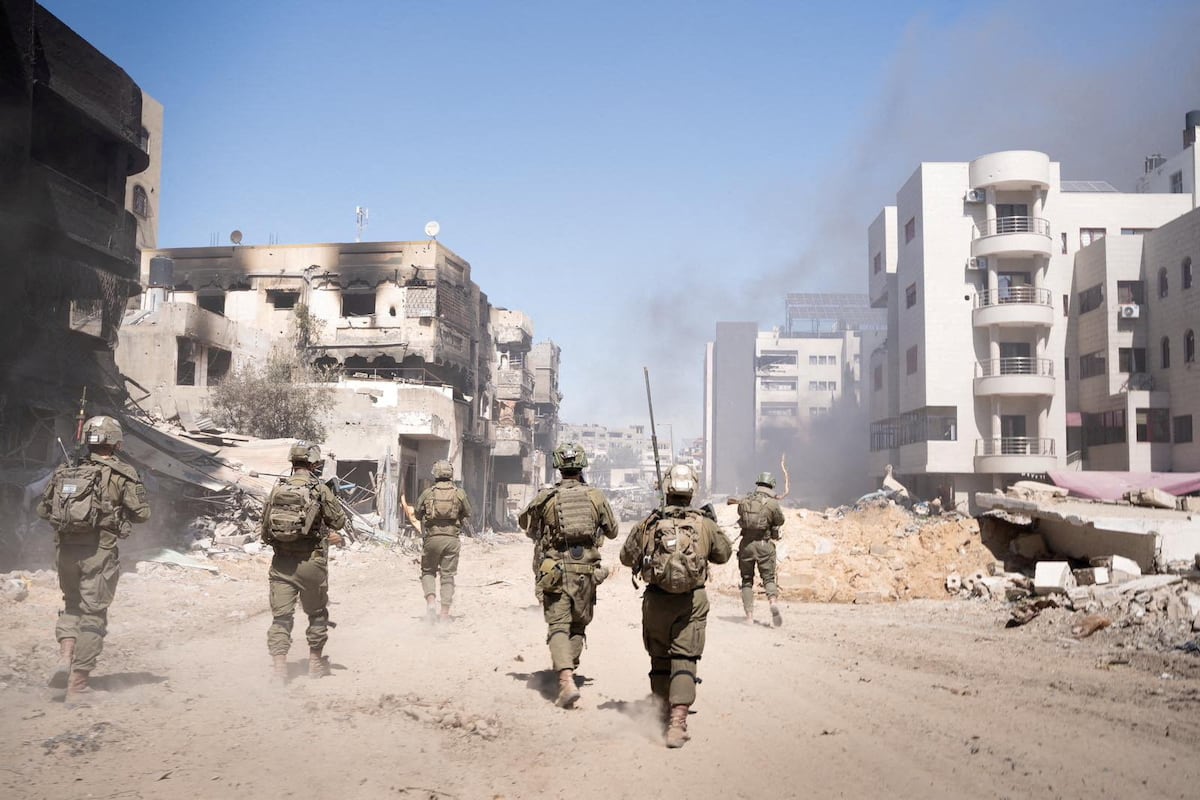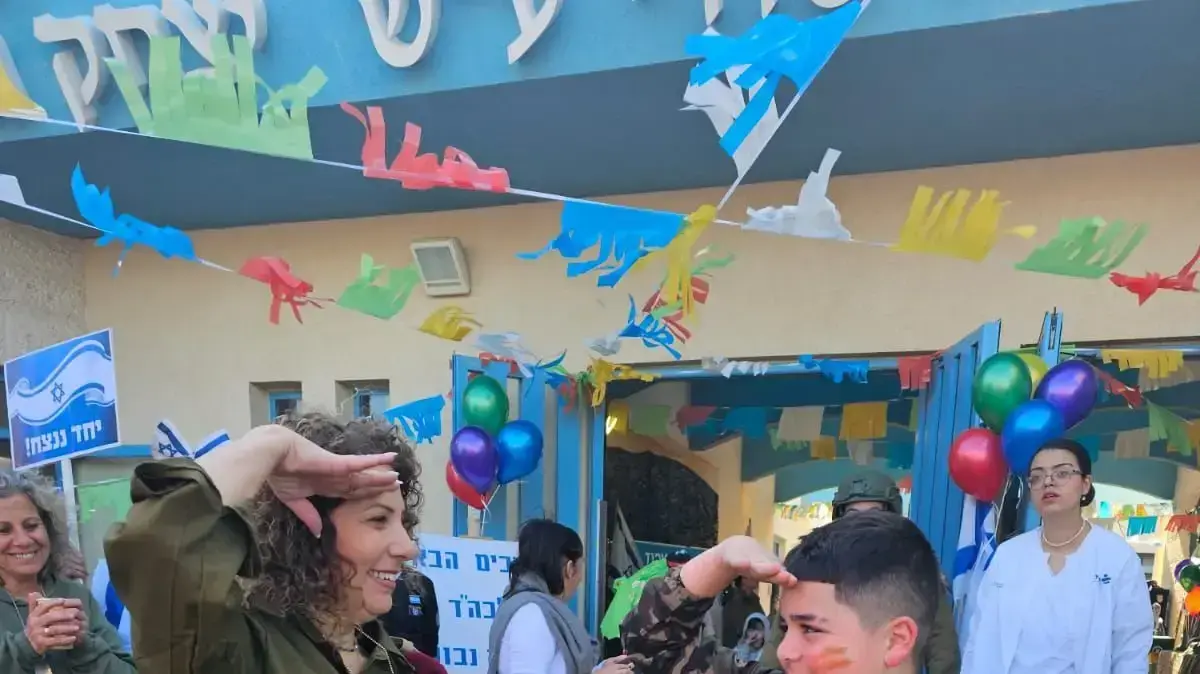Rockets fired at Israel from Beit Lahia, in the northern Gaza Strip, and Israeli countermeasures on Friday.ANAS BABA / AFP
“Terrified”, without knowing where to take shelter, the five children of Riad Ali el Alia, a 68-year-old Spaniard of Palestinian origin, found no refuge other than the stairwell of their house when the bombs of the last air offensive and of Israeli artillery in Gaza began to fall in the early hours of Friday. The buildings in the Jabalia refugee camp, in the north of the Strip, “were shaking from the explosions,” says this professor of Political Science at the Gazati University of Al Azhar. “The bombs fell one after another without respite. The silence did not last a minute, ”he recalls.
Omar and Ammar, the two young children of Professor El Alia, 14-year-old twins, fell silent.
"They didn't speak, they just shuddered," says his father.
In the midst of total darkness, huddled under the steps while the house was reeling from the projectiles that fell “from the sky, the earth and the air”, the seven members of this Spanish-Palestinian family wondered if they would be “the next in die buried ”, recalls El Alia.
"Where is the justice for our people?"
"How does the international community think we can live this way?
Where is the right to life for the people of Gaza?
More information
The EU calls for an end to the escalation in Gaza and suggests US mediation
Israel launches large-scale air and artillery offensive against Gaza
Worse fate suffered the eight children, pupils of the schools of the United Nations Agency for Palestinian Refugees (UNRWA) in Gaza, who perished under the bombs.
Matthias Schamale, director of the organization in the Strip, also raises to 20,000 Palestinians who have tried to seek refuge in 30 of the UNRWA schools in the territory.
Sometimes, in vain, because due to the covid-19 pandemic, already in its second wave in the territory, many of them were closed, explains the United Nations official.
More information
Israel and Hamas: stopping the war
The Israeli offensive against Gaza, day by day
“We are trying to provide a minimum of assistance to people who have taken refuge in our schools and we hope to be able to offer them shelter. The people of Gaza are terrified. It wasn't just the bombing on Friday. We have been under fire from missiles from Gaza for three days and three nights, and the Israeli response is being just as terrible. And we are talking about an already very traumatized population. In fact, we are witnessing a mental health crisis. There are families whose main concern is that their children do not lose their reason ”, deplores the director of UNRWA. Of the 1,700 rockets fired from the Strip since last Monday by Hamas and the Islamic Jihad, the majority hit Israeli territory, but 300 fell in Gaza.
“The last four days we have lived what we have never experienced.
It has been worse than the war of 2014, ”says Salah el Sousi, also a Spaniard of Palestinian origin.
It refers to the operation baptized by Israel as the Protective Edge, which left 2,205 Palestinian dead, according to United Nations data, in the summer of 2014.
As then, this Friday a procession of Gazans who have been left homeless by the bombs "searched among the rubble of what used to be their houses to save their documents or some of their belongings," says Sousi, one of the nearly 100 Spaniards who live in this narrow strip of about 360 square kilometers where two million people are crowded.
Helen Ottens-Patterson is the general coordinator of the organization Doctors without Borders (MSF) in Gaza, which manages reconstructive surgery projects in the Strip. After trying to resume their work in Gaza's hospitals after the bombing, a small MSF team was able to “support” the wounded in one of the Strip's health centers on Friday morning. However, the MSF coordinator warns that although her staff is “used to providing medical assistance in dire situations and in the context of a 14-year blockade, if a ceasefire is not achieved within a short period of time, the The already very precarious situation of the health system will become tragic ”.
The blockade, the three successive wars in 12 years, added to the impact of the COVID-19 in Gaza, make humanitarian organizations fear that this new Israeli offensive is also the coup de grace of an economy already on its knees. Laila Barhoum, policy officer at the NGO Oxfam, warns of the risk that this offensive "will have a profound impact on poverty and job loss." In Gaza, 80% of the population depends on humanitarian aid to survive, according to the UN. The humanitarian worker, originally from Gaza, therefore makes a wish: "May this madness stop."

/cloudfront-eu-central-1.images.arcpublishing.com/prisa/ATB6BE6AG7UFCZFBY7PB7XOUYY.jpg)

